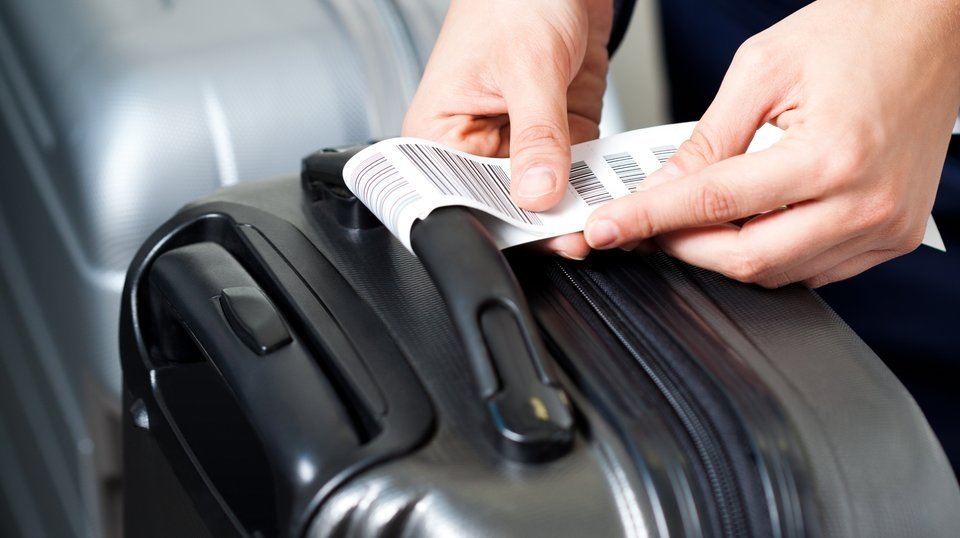Since 2003, it has been the law in Canada that airlines must compensate passengers travelling internationally (e.g., Toronto to Las Vegas or Vancouver to Sydney) for damages incurred due to delay, loss, or damage to their checked baggage. This has been recognized in a wealth of decisions by the Canadian Transportation Agency (CTA).
It is therefore rather troubling that the CTA’s “Air passenger protection” consultation website on lost or damaged baggage claims that currently “there is no minimum compensation level” under the law.
International itineraries: Passengers owed compensation up to CAD$2,100
If checked baggage is delayed, lost, or damaged, the law is that the airline must pay passengers travelling internationally for:
- the purchase of items reasonably needed while the bag is missing (interim expenses);
- the full content of the bag if the bag is not found within 21 days;
- the cost of repair or replacement of the bag, if it has been damaged.
These obligations are found in the federal Carriage by Air Act, which incorporates the Montreal Convention into Canadian law. In most cases, the airline’s liability is capped at approximately CAD$2,100 (1,131 Special Drawing Rights).
The minimum compensation level under the Montreal Convention is “equitable compensation based on the principle of restitution,” and it is spelled out in the preamble. This means compensation for all losses incurred.
Article 19 of the Montreal Convention says that the airline can avoid liability for delay of checked baggage only if the airline proves that the airline, the airline’s agents, and the airline’s servants have taken all reasonable measures to prevent the delay or that there were no such measures available. Article 17 says that the airline can avoid liability for damage, loss, or destruction of checked baggage only to the extent that it was caused by an inherent defect, quality or vice of the baggage. Article 26 says that the airline cannot exclude or lower its liability by using creative contractual language.
The Montreal Convention has the force of law not only in Canada, but in all 131 countries that signed it, including the United States and members of the European Union, and it creates uniform international standards with respect to the rights that passengers are owed by airlines.
Canadian Transportation Agency refuses to correct consultation website
Before publishing this post, we alerted the CTA that its consultation website contains numerous erroneous statements about the rights of air passengers, and requested that the errors be corrected; unfortunately, the CTA refused to make any corrections.
Baggage trouble?
Visit our practical guides on delayed, damaged, and lost baggage.


